Best movies like Ten Thousand Days
A unique, carefully handpicked, selection of the best movies like Ten Thousand Days Starring Tibor Molnár, Gyöngyi Bürös, János Koltai, János Rajz, and more. If you liked Ten Thousand Days then you may also like: You, The Unburied Man, Nanking, Diary for My Father and My Mother, Red Psalm and many more popular movies featured on this list. You can further filter the list even more or get a random selection from the list of similar movies, to make your selection even easier.
The changing and turbulent history of Hungary is seen through the eyes of three men over a 30-year period in this somber drama. The three recall the highlights of their lives in flashbacks as they reminisce in the mid 1960s. The venerable trio begin their story in the 1930s, through World War II, and the decade beyond the communist invasion of 1956.
You may filter the list of movies on this page for a more refined, personalized selection of movies.
Still not sure what to watch click the recommend buttun below to get a movie recommendation selected from all the movies on this list
The Unburied Man
One of the doyennes of Hungarian film deals with a dark period of national history: the Soviet regime in Hungary. She portrays it through the fate of the former prime minister and national hero, Imre Nagy. The script is based on the diary written by Imre Nagy, and the memories of his daughter, Erzsébet Nagy, as well as authentic documents and records.
Nanking
The story of the rape of Nanking, one of the most tragic events in history. In 1937, the invading Japanese army murdered over 200,000 and raped tens of thousands of Chinese. In the midst of this horror, a small group of Western expatriates banded together to save 250,000. Nanking shows the tremendous impact individuals can make on the course of history.
Diary for My Father and My Mother
This story follows a young student, who is orphaned as she grows to adulthood in the shadow of the 1956 Hungarian uprising. Coming from the Communist intelligentsia, she sees her friends and family react differently. Her lover, a married factory manager, supports the patriots and later assists fellow workers in staging a strike. Meanwhile her sister and others express anger at being forced from their homes during the revolution and continue to express a hatred for the rebels afterwards. But in the end they realize that for all people, real life is not possible after the revolt and its brutal suppression by the Soviets and their collaborators.
The Red and the White
In 1919, Hungarian Communists aid the Bolsheviks' defeat of Czarists, the Whites. Near the Volga, a monastery and a field hospital are held by one side and then the other.
Requiem
When a young boy comes in to see a doctor abourt a red mark on his face, the doctor's wife welcomes him into the consulting room instead. As they talk, she offers him something to eat and then notes that his manner of eating is just like that of her previous husband, who died in prison many years earlier. It turns out that the young man had been his cell mate for a year, and he tells her the story of how her husband died. She then remembers (in flashbacks) how she had helped her first husband rid himself of his sexual repression, and how she had promised him she would marry her current husband if she were widowed. It seems her doctor-husband was a man who could remain untouched through any political climate, and was much admired by her first husband. Now that her memories have been awakened by the young man's account, she ignores the repeated phone calls of her current husband and decides to rid this young man of his own sexual repressions.
The Round-Up
After the failure of the Kossuth's revolution of 1848, people suspected of supporting the revolution are sent to prison camps. Years later, partisans led by outlaw Sándor Rózsa still run rampant. Although the authorities do not know the identities of the partisans, they round up suspects and try to root them out by any means necessary.
The Journey
A Communist officer falls hard for a married woman trying to escape from Hungary.
The Brute
This drama about a boorish non-conformist takes place in Hungary after the war and is dulled a little by political overtones but is still an engaging story. The setting is the countryside, where an independent, landowning farmer busies himself in his free time by bedding down the women on his farm and then tossing them aside. One such ill-treated lass ends up marrying a young man who is in charge of a communal farm, a farm the womanizing "beast" of the title is later forced to join. The arrogant, formerly independent farmer does not reform his ways and is soon chasing after the young manager's wife, the woman he dropped not that long ago. The results are disastrous.
The Confrontation
Paralleling the dramatic student protests and riots that were exploding across the world in the 1960s at the time the film was made, The Confrontation is a story of protest and rebellion in 1947 Hungary when the Communist Party have just taken power. Jancsó's first colour film is another virtuoso display by a director at the peak of his powers, and eloquently explores the complex issues and inherent problems of revolutionary democracy.
In Praise Of Older Women
Andras Vayda grows up in a turbulent, war-torn Hungary, where he procures local girls for the occupying G.I.'s during World War II. Disappointed by girls of his age, he meets Maya, a married women in her thirties, who tutors him in the lessons of love and romance. Maya is only the first of many mature women that Andras will meet through his teenage and young adult life.
Diary for My Children
After having lost her parents, young Juli returns from the Soviet Union to her native Budapest. Scarred by the wounds of the past, the ghost of Stalin’s oppression haunts her as she reunites with her aunt and adoptive mother Magda.
Diary for My Loves
A continuation of "Diary for My Children," the film picks up in 1950, when Juli, the diarist, is 18 and determined to become a movie director.
'68
'68 covers exactly one year (January 1st through December 31st) in the lives of Zoltan Szabo and his family, Hungarian immigrants, working hard to make a life in San Francisco in 1968. The Szabos tries to adjust to the new country, changing times and each other. The year covered was one of particular cultural change in the US and this interplays with the cultural changes occurring around Zoltan, his wife and his two college-age sons. The younger of his two sons is gay and struggling with coming out. His dad disowns him when he finally does.
The Secret Ways
Vienna, 1956. After Soviet tanks crush the Hungarian uprising, soldier-of-fortune Michael Reynolds is hired to help a threatened Hungarian scientist escape from Budapest.
White Palms
Having suffered as a boy under a brutal Communist-era coach, champion Hungarian gymnast Miklos moves to Canada years later in search of a new start - only to find himself unwittingly perpetuating the very same cycle of abuse among his own pupils.
The Last Emperor
A dramatic history of Puyi, the last of the Emperors of China, from his lofty birth and brief reign in the Forbidden City, the object of worship by half a billion people; through his abdication, his decline and dissolute lifestyle; his exploitation by the invading Japanese, and finally to his obscure existence as just another peasant worker in the People's Republic.
Love
Luca regularly visits her bedridden mother-in-law. Luca's husband, János, has been arrested on a trumped up political charge, and Luca does not know if he is still alive. Luca hides this from his mother by making up letters purporting to be from János who is directing a big film in New York. Luca discovers that János is alive, and is dismissed from her teaching job because of her husband. The dying mother anxiously awaits the return of her son from New York.
Padre Pio
It is the end of World War I and the young Italian soldiers are making their way back to San Giovanni Rotondo, a land of poverty, with a tradition of violence and submission to the iron-clad rule of the church and its wealthy landowners. Families are desperate, the men are broken, albeit victorious. Padre Pio also arrives, at a remote Capuchin monastery, to begin his ministry, evoking an aura of charisma, saintliness and epic visions of Jesus, Mary and the Devil himself. The eve of the first free elections in Italy sets the stage for a massacre with a metaphorical dimension: an apocalyptic event that changes the course of history.
Time Stands Still
A Budapest high school in the beginning of the 1960s. Dini suffers the torments of adolescence. His father had to leave Hungary after the uprise in 1956, and since then Dini's mother has had to take care of her two sons on her own. A friend of Dini’s father, Bodor, is released from prison and moves in with them. Dini and his brother are far from happy about this intrusion on their family life.
Cold Days
Andras Kovacs' film, considered one of the most important Hungarian films of the 1960s, centers around four men who await trial for their involvement in the massacre of several thousand Jewish and Serbian people of Novi Sad in 1942. Each denies any responsibility, claiming that they were only following orders. The film is significant for its willingness to address the subject of Hungary's role in WWII, which was taboo at the time of the its release.
Hungarian Requiem
1958. In the cell of the condemned, seven men await the signs of an approaching execution. All of them recall their pasts and envision their wish-dreams.
Pavilion of Women
With World War 2 looming, a prominent family in China must confront the contrasting ideas of traditionalism, communism and Western thinking, while dealing with the most important ideal of all: love and its meaning in society.
Sing Sing Nights
A respected war correspondent is found murdered, with three bullets--from three different guns--in him. Three different men are arrested, convicted and sentenced to death for the murder, but only one can be the actual killer. A criminologist sets out to find who is really guilty.
Oh, Bloody Life
The Hungarian Oh, Bloody Life reflects on the heavy emotional toll taken by the repressive Stalin regime. Dorotya Udvaros plays a young actress from a high-born family. The government bias against persons of wealth threatens to destroy her career before it begins. As a final blow, she is threatened with deportation. The exasperation inherent in the film's title is only the tip of the iceberg.
Joe Hill
In the early 1900s, the legendary Joe Hill emigrates with his brother to the United States. But after a short time, he loses touch with his brother. Joe gets a few jobs but is struck by all the injustice and tragedy going on. He becomes active in the forbidden union IWW, a union for workers without trades. It is forbidden to demonstrate and to speak in public but Joe gets around that by singing his manifests with the Salvation Army. He manages to get more and more people to go on strike with him but he also makes powerful enemies doing that. Finally he gets connected with a murder and during the trial he fires his lawyer and takes upon himself to become his own defender.
Whooping Cough
The story of 10-year-old boy and his family against the backdrop of the bloody events of 1956, in Budapest. Children do not yet understand what is going on, but they're happy because the schools are closed. But gradually, to adults and children comes the understanding that something terrible is happening. Disappearing relatives, friends, and even killed some. Tips sent an army to put down the counterrevolutionary rebellion.
Falling for a Dancer
Romantic drama set in rural Ireland of the 1930s. The story begins when 19-year-old Elizabeth has a brief fling with an actor and falls pregnant. Community pressure forces her to marry a dull middle-aged man, but maybe there is hope on the horizon.
Children of Glory
Children of Glory will commemorate Hungary's heroic Revolution of 1956, and takes place in Budapest and at the Melbourne Olympic Games in October and November of that year. While Soviet tanks were destroying Hungary, the Hungarian water polo team was winning over the Soviets in the Olympic pool in Melbourne, in what has been described as the bloodiest water polo match in history.
Agnus Dei
Allegory of the suppression of the 1919 revolution and the advent of fascism in Hungary; in the countryside, a unit of the revolutionary army spares the life of father Vargha, a fanatical priest. He comes back and leads massacres. A new force, represented by Feher, apparently avenges the people, but only to impose a different, more refined and effective kind of repression.
Family Nest
Családi tüzfészek (aka Family Nest) is an intimate portrayal of a family slowly disintegrating under various pressures in late 1970s communist Hungary. The plot of the film is deceptively simple, with the occasional momentous event--including one that's relatively shocking, but plot in a conventional sense is not the focus here.
Hungarians
A group of landless Hungarian peasants accept work as migrant-laborers on a farm in northern Germany where the wages are good, and the wives and family are allowed to accompany them. Though it is in the midst of World War II, they are relatively well-off. However, they glimpse the treatment accorded to POWs and others who are not so gently treated, and at the conclusion of the year's harvest, they choose to return to Hungary and are quickly swept up in the tides of war. This film is part of a series of films by award-winning, well-respected director Zoltan Fabri who devoted much time and effort chronicling the struggle against fascism.


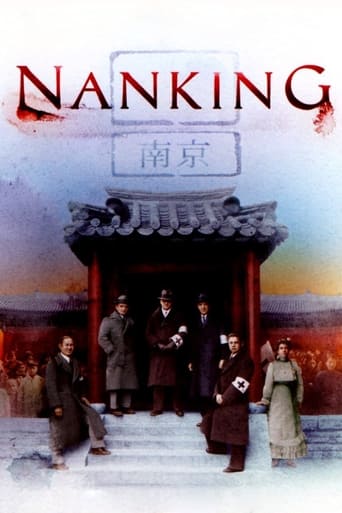





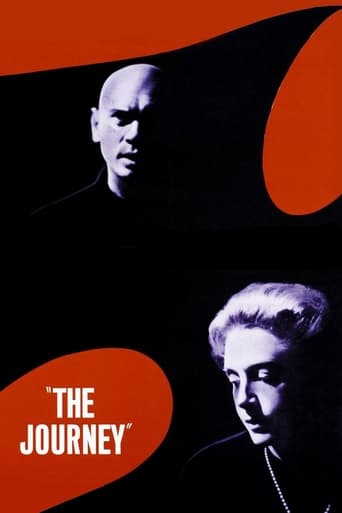








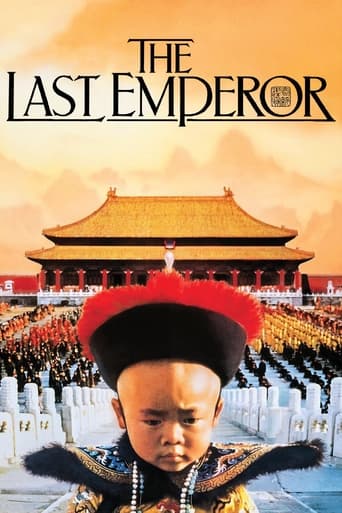








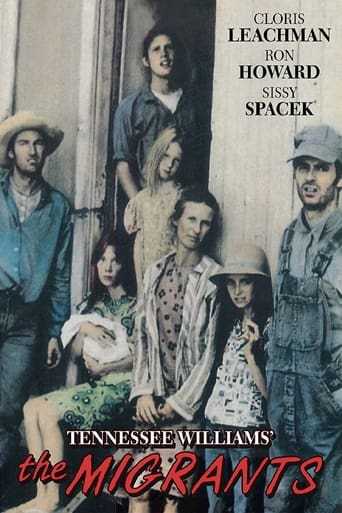



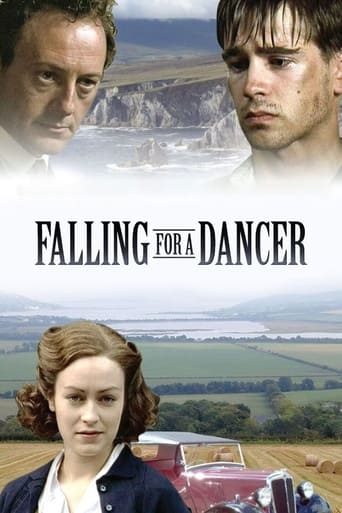






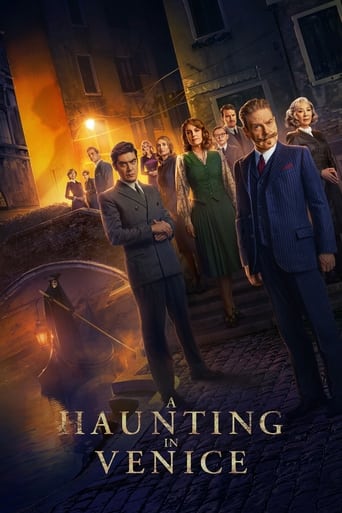
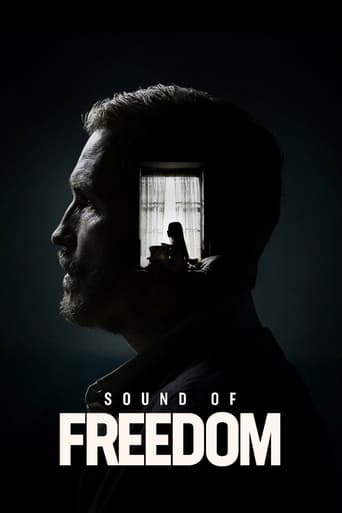
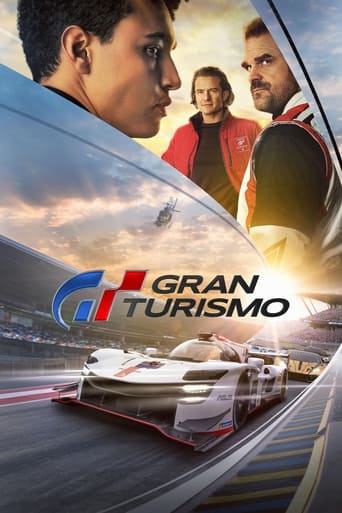
You
Michèle shares her life with Paul, her husband and work colleague. She has a lover, Thomas, a musician with whom she has been having a passionate affair for some time. Attracted by Thomass non-conformity and lust for life, Michèle abandons her husband, her son and her profession to live this frenzy through to its conclusion. A quest for freedom and change that sends Michèle on a turbulent drift, but remains, nevertheless, intimate and personal.